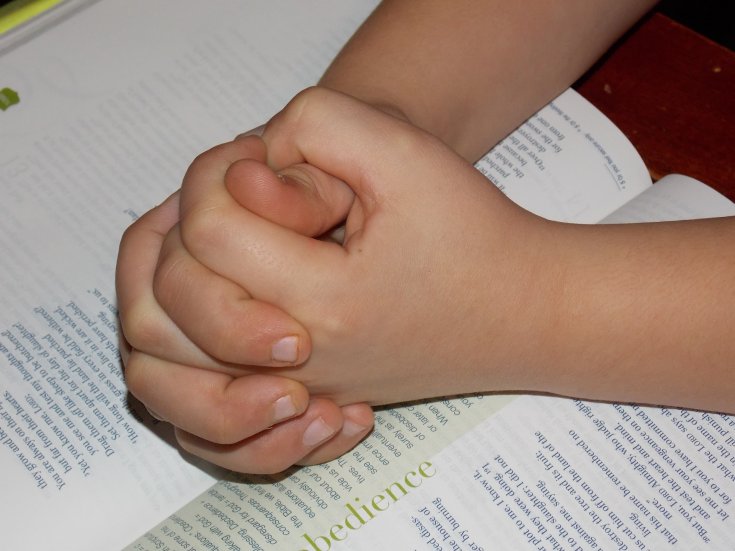Mandated worship can never be inclusive
Posted: Wed, 19th May 2021 by Alastair Lichten
Church of England guidance which aims to promote an 'inclusive' form of collective worship in schools misses the point and highlights the need to stop imposing religion on children, says Alastair Lichten.
The Church of England, which is bizarrely still a state church in the only democracy in the world to mandate Christian worship in schools, has released new guidance for making directed worship "Inclusive", Invitational" and "Inspiring" (sic).
This comes amid significant questions over whether the requirement to hold collective worship is compliant with human rights, and legislative efforts to remove it. Meanwhile the government recently made the absurd suggestion that it would enforce the requirement. The C of E has been forced to concede it must provide inclusive alternatives to worship; the requirement is clearly unpopular; and church adherence among young people continues to shrivel.
The C of E's guidance is predominantly about the faith schools it runs, but the church makes no secret of its desire to influence all schools. It has lobbied strongly against any efforts to remove the collective worship requirement in any school. It often acts as if community ethos schools should be Christian by default. And it robustly promotes collective worship in non-faith schools under its influence.
The guidance has been seen in some places as a move towards a less "preachy", less exclusive approach. It advises against "strongly confessional lyrics", but stresses that the Christian nature of worship should not be watered down.
To its credit, the guidance states that "there should be no assumption of Christian faith in those present". It also says "care will be taken to ensure that the language used by those facilitating worship avoids assuming faith in all those participating".
But this goes against the C of E's track record of trying to treat schools as Christian religious communities. As highlighted in our recent report, Religiosity inspections: the case against faith-based reviews of state schools, the C of E promotes a robust and theologically centred approach to both collective worship and RE in schools.
As with many other social issues, the C of E is twisting itself in knots over collective worship. It has enough self-awareness to know that being too openly evangelical is not popular, but without some evangelism it risks seeming irrelevant.
If worship in schools were to be genuinely "Invitational" it would have to be entirely voluntary, an opt in activity that pupils could choose rather than an integral part of the school day. This isn't the approach the C of E is advocating.
Genuinely inclusive assemblies can also invite responses that may or may not involve worship, through a moment of silence where pupils can choose, rather than being directed, to pray or reflect. That would respect everyone's freedom of and from religion. Again, this is not what the C of E is advocating – and it speaks volumes.
The only freedom the church's guidance mentions is not the right to be free from imposition of worship, it is "freedom of those of different faiths and those who profess no religious faith to be present".
The guidance makes limited reference to the right to withdraw from collective worship, reflecting the C of E's limited regard for this right. There is no reference to inclusive alternatives, perhaps as the church only wants one 'invitation' on offer. It does nothing to address coercive practices in C of E faith schools which discourage withdrawal and marginalise those who do not wish to take part. Perhaps this is all part of the 'invitation'.
The current debate and developing case law surrounding collective worship should prompt the government to review its own outdated guidance, which currently states worship should include "reverence or veneration paid to a divine being or power".
But reforms and guidance which dance around the issue are not enough. Ultimately, requiring children to worship in school is incompatible with the right to freedom of religion and belief. Assemblies shouldn't impose religion on children. And that means the law that requires acts of worship should be removed from the statute book and replaced with a duty on schools to hold genuinely inclusive assemblies for all.
Image by Jaime Wiebel from Pixabay.
End compulsory worship
No child should be compelled to pray in school. Join our campaign.








